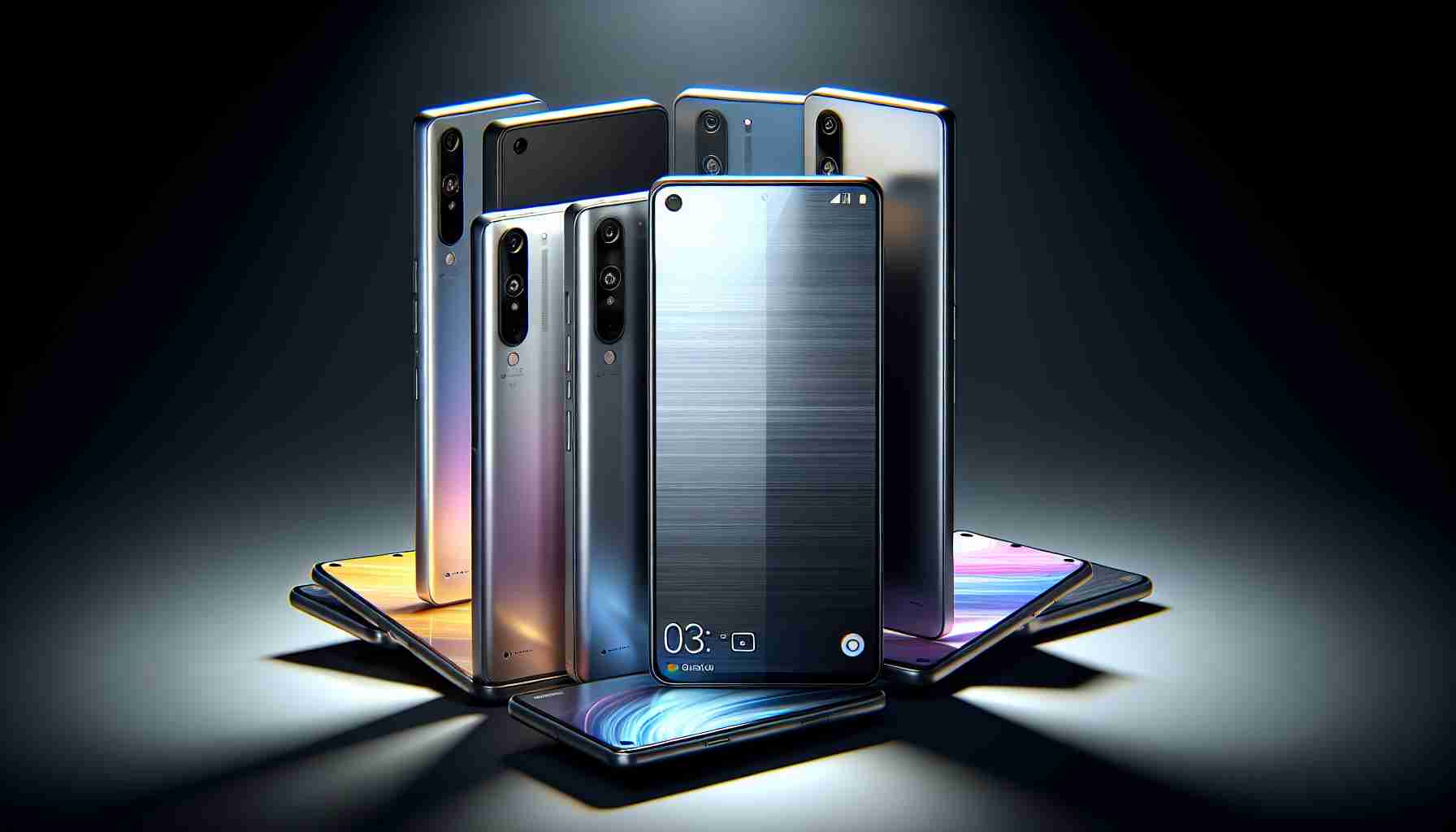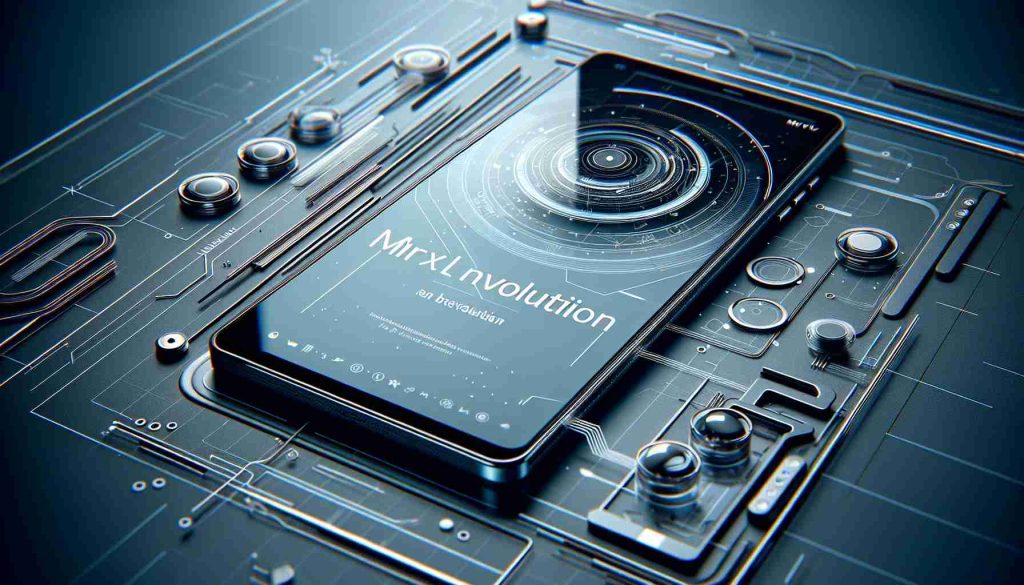Huawei Technologies, the renowned Chinese tech giant, has opened pre-orders for its latest smartphone model, the Mate 70, according to an announcement made on their official WeChat account. The company further disclosed plans for a Mate-branded event on November 26, where they are expected to unveil the newest lineup of smartphones.
As of today, Huawei’s online store began accepting reservations for the Mate 70, alongside two Pro variants, without requiring any upfront payment. However, the final pricing remains shrouded in mystery.
Mate Series Triumphs Over U.S. Sanctions
Huawei re-entered the premium smartphone market with its Mate 60 series last year. These phones feature 5G capabilities and employ domestically produced semiconductors. This move was hailed in China as a remarkable achievement against U.S. sanctions, which have barred the company from accessing advanced American chips and technology since 2019.
Huawei Challenges Apple
Recently, Huawei unveiled its Mate X3, a foldable phone, on September 10, shortly after Apple’s launch of the AI-enhanced iPhone 16 series. The response has been overwhelming, with over 3.6 million pre-orders placed without requiring any deposit.
For several years, Huawei has been embroiled in a fierce technological rivalry between China and the United States, which accuses the company of potentially spying for Chinese authorities—a claim Huawei vehemently denies. Since 2019, U.S. sanctions have significantly impeded Huawei’s access to global supply chains for American technologies and components.
Huawei’s Tech Evolution: A Game-Changer for Global Competition?
Unraveling the Mystery Behind Huawei’s Strategic Innovations
Huawei Technologies, a formidable player in the tech world, continues to capture global interest with strategic innovation and resilience in the face of adversity. The recent announcement for the Mate 70 has sparked conversation not only because of its technological prowess but also due to the geopolitical intricacies it represents. But how does this new development affect people, communities, and countries worldwide?
Expanding Horizons: Impact Beyond Borders
The resurgence of Huawei in the premium smartphone market with its Mate series is a narrative of technological triumph and national pride in China. It symbolizes a regional shift in the semiconductor industry—a critical sector historically dominated by the US and its allies. By successfully developing domestic semiconductors, Huawei has decreased China’s dependency on global supply chains underpinned by American technology.
For Chinese consumers, this represents empowerment and autonomy, bolstering confidence in homegrown tech solutions. For other emerging markets, Huawei’s advancements could provide an alternative source for technologically advanced yet affordable smartphones, stimulating local tech industries and promoting digital inclusivity.
Surprising Realities and Controversies
Despite Huawei’s success, their journey hasn’t been without controversy. The allegations of espionage—that Hawei could be a surveillance arm of the Chinese government—linger despite repeated denials, affecting international relations and consumer trust in many Western territories.
Additionally, Huawei’s advancements in 5G have sparked debates on cybersecurity and data privacy. As these technologies become more embedded in everyday life, questions loom about secure data transmission and national security implications.
Finding the Balance: Advantages vs. Disadvantages
Huawei’s achievements demonstrate the potential for increased diversity in the tech marketplace. However, they also underscore a critical question: How does one balance technological innovation with ethical and political responsibility?
Advantages:
– Diversification of Supply Chains: Reduced dependency on US technology for countries under economic sanctions.
– Enhanced Competition: Encourages innovation among global smartphone manufacturers.
– Economic Growth: Job creation in tech development and manufacturing sectors.
Disadvantages:
– Security Concerns: Continued suspicion and scrutiny in international markets.
– Tech Nationalism: Potential for increased geopolitical tension and tech trade wars.
– Consumer Trust: Need to overcome trust barriers in Western markets.
What’s Next in the Tech Rivalry?
As Huawei continues its technological advancement on the global stage, one might wonder, “Can Huawei’s success pave the way for other non-Western tech giants to emerge?” The answer may lie in the ongoing global race for tech supremacy, where innovation, regulation, and cooperation must find an equilibrium.
For more information on the global technology landscape, visit Huawei and Apple.























